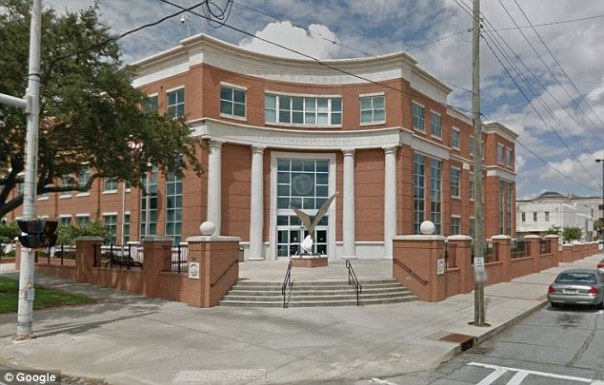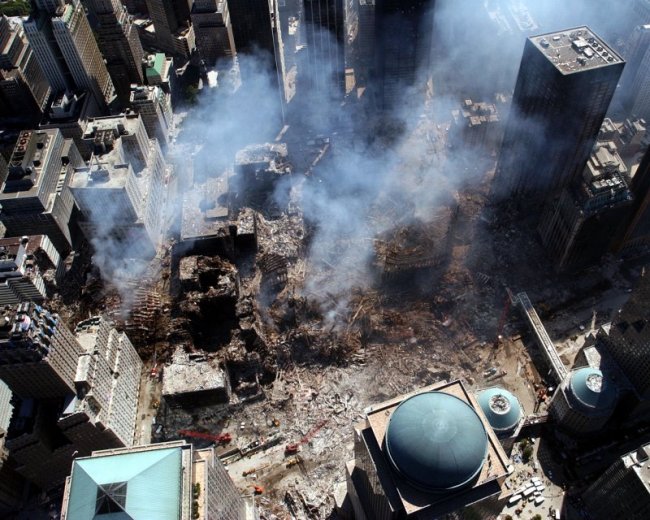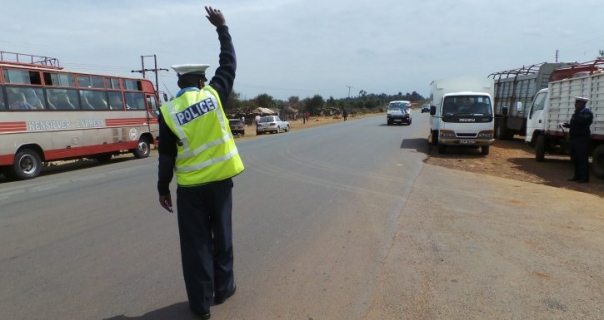Belated congratulations to your new appointment dear sir. With over thirty years experience in the force, you are as much a police insider as can be. You know all that ails the force first-hand: the solutions as well as the priorities.

However, Inspector, your kind of experience may be a blindfold. We humans tend to get numb to our problems over time. The only true consolation at the demise of a loved one, for instance, is the passage of time. Having worked in the force for three decades, you may no longer feel the force’s inadequacies as sharply as a new recruit or an outsider observer. Police welfare is amongst the worst of any public employees. Your charges lack proper housing, personal protective equipment and proper health insurance in a long list of other basics. New entrants into the force find these inadequacies difficult to adapt to. Many of those who turn their guns against themselves or colleagues are police officers newly confronted by these difficult inconveniences.
With the passage of time, those who stay in long enough (like you have) numb and learn to cope. Corruption in your force is mostly driven by the need to meet these most basic of necessities: decent housing, transportation to work, family investments should one die in the line of duty and above all, a living wage.

As a senior officer, you have already taken care of these pressing needs at a personal level. Inadvertently or intentionally, you probably consider the process of adapting to these inadequacies as some unofficial mark of pedigree or rite of passage. That is why it will be vital that you seek out and listen to voices from outside as much as those from within. You may wish to consider the following four suggestions from an outsider whose only qualification for advising you is curious informal observation of other countries’ forces and a burning love for Kenya. All the four are long-term proposals that will need inter-ministerial collaborations within government.
First, the process of joining the police force (and the other security forces) needs to change. It has been a long while since the colonial times when the White man lined us up to look at the completeness of our teeth or absence of scars as qualification to joining the forces. The society is more educated and crime is more sophisticated. We need not prevent our best students from joining the forces if they so choose. Why can we not advertise vacancies in the forces in the dailies and invite applications from all interested individuals who meet high physical and academic entry criteria? We can have a central admission committee that receives applications, prepares a shortlist and interviews applicants in an open fair process. Since competition is bound to be high, the interview can include oral presentations as well as written exams on contemporary general security issues, an aptitude test and targeted physical tests. Anyone who goes through this is not only passionate but also fit for service.

This new crop of officers will be beholden to their country rather than godfathers in the force. Obviously, they will need to be paid well, housed properly and well equipped for the job once they graduate from the police college. Not all will make it to Kiganjo, but those who do not will provide a better recruitment pool for the private security companies; many of which employ people who cannot grasp any of the security challenges of today’s Kenya.
Second on the list are our police stations. Police stations across the country sit on some of the most prime real estate. Sadly though, these prime properties have been turned into junkyards. The police force loses threefold in the current setup: a poor image, loss of revenue for the free secure storage of junk and the opportunity cost of putting the land to a more economically productive use. Inspector, you can achieve value from these prime city plots by first decluttering all them of junk. It is the insurance companies’ responsibility to store damaged vehicles as investigations continue. To preserve evidence, the police force can go digital. Employ the services and equipment of crime scene investigators who will archive the scene and relevant pieces of evidence on digital media and in forensic labs. The accident vehicles can then be towed to designated storage yards at the insurance companies’ cost. Such vehicles may be released to their owners or insurance companies as soon as the police are satisfied they are of no evidence value or the cases settled.

After decluttering stations of junk, sir, you need to reconsider the citing of cells. To many Kenyans, the police station is an informal jail. This is because police temporary holding cells are an earshot away from the front service desk. Why not have cells off the police station, or at least in a separate isolated block away from the service desk? Take hospitals for instance, they keep the mortuary out of site of patients and other clients. A force that seeks to improve its relationship with the public must not only act friendly but also appear so. Most stations have enough land that can inventively be redesigned to make them places of refuge that they should be. Many are large enough to house high-rise police housing apartments, a school, a dispensary, a small playground for officers and their families and neat offices for serving the public. In many countries, a visit to the police station is similar to a visit to the bank or clinic on the next block down the street. No images of tonnes of rusting twisted junk, no sound of commotion from the cells next door, well-lit airy rooms, friendly officers and resting grounds. We need not fear ourselves, police or civilians as we both share a common spirit of a safe secure Kenya.

The third proposal touches on police roadblocks. Inspector, you have manned a roadblock at one point. You know what happens at these mostly illegal barriers. As a first act, please publish a list of all the gazetted roadblocks across the country and denounce all others. By empowering citizens with this information, you will have pulled the rug from under the feet of errant officers who spring roadblocks at their convenience. However, beyond publishing the legal roadblocks, you will need to creatively make sure that non-compliance to the law pains the offender and rewards the enforcer. Currently, it makes little sense for a scrupulous police officer who enforces the law to the letter and collects millions of funds in fines for the state yet their pay remains a pittance and working conditions an abuse. It is possible to sanitize corruption by making sure that a percentage of the fine collected will be due to the officer enforcing the law. This will directly reward officers who work diligently and progressively discourage petty offenses like speeding and carrying excess passengers. Needless to add, the police must be equipped accordingly with gadgets that will collect irrefutable evidence of all alleged crimes. Body cameras and radar guns are some of such equipment already in use elsewhere.

Finally, police welfare is sorely lacking in many areas. By virtue of their job, police officers put their lives on the line for the rest of us. Naturally, the government ought to take care of police officers and their families both during the officers’ lives and upon their death in the line of duty. The ongoing police housing project is welcome but it is moving at snail pace. Many officers still live in squalid conditions. Police need their own schools, transport to work, dispensaries and convenience stores within their housing estates. With proper planning, vetted citizens can share some of these amenities (like schools and clinics) at a fee. It is possible to have souvenir and gift stores and police museums at major police stations: selling branded merchandise like t-shirts, key rings, umbrellas, mugs, caps, etc and telling the heroic tales and history of our police through artifacts, mementos, documentaries and lectures. This serves a dual purpose; it raises revenue for police welfare while blending the public and police together.

It is said that when you are the bottom, the only way to go is up. Our police force has so much to do to improve itself for the benefit its workers and the country at large. It begins with an understanding that police are currently working in less than humane conditions. These conditions have made our otherwise gallant officers easy target for bribery and mental conditions like suicide and depression to the detriment of the society in general. Inspector General, make it enviable and rewarding to serve in the Kenya Police Service.





